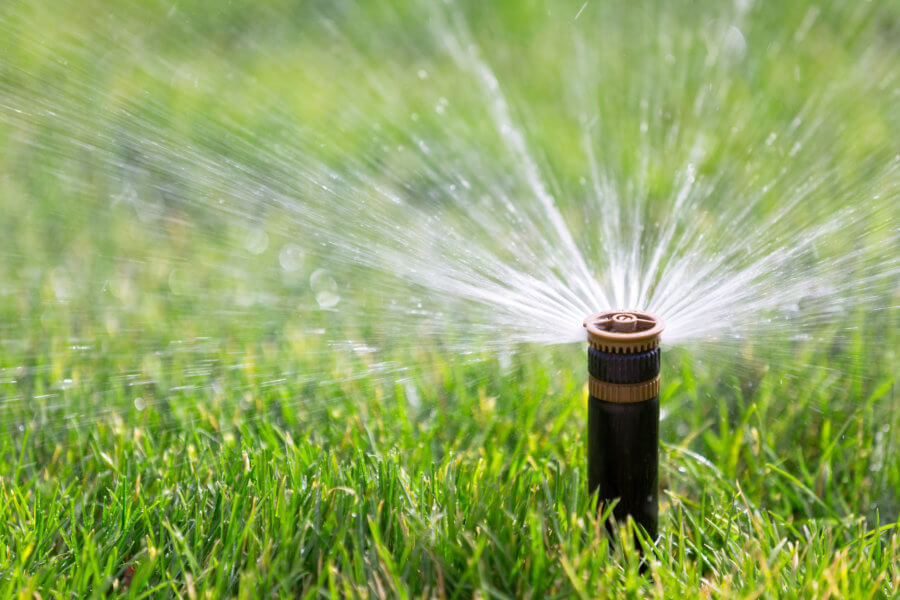
Updating Your Watering Schedule Tips
As we head into fall and winter, we’ll say goodbye to Daylight Savings Time. For most Florida homeowners, this also means an end to summer lawn and garden watering schedules. Throughout most of the state, you can water your lawn two days of the week during the summer months. In making the transition to the cooler seasons, you’ll only be permitted to water one day a week. Here’s what you need to know to adjust your watering schedule for the new season.
Requirements Vary by County
You’ll need to check with your local water service provider to verify the specific watering restrictions in your area. For the most part, fall and winter watering can take place only one day a week. In some counties, you’ll be assigned a specific day of the week, typically based on the number of your street address. In others, you’ll be given a choice between two days of the week, though you’ll still only be permitted to water on a single day. Other counties allow you to water your lawn and garden on any day of the week, as long as you still abide by the one-day-per-week limit.
Universal Watering Restrictions
Although the day of the week on which you are allowed to water will change depending on where in Florida you live, one restriction is the same across all jurisdictions: you are never permitted to water between 10 a.m. and 4 p.m. The primary reason for this is that it is generally the hottest part of the day. With the sun beating down while you are watering, more water from your sprinklers will evaporate in midair before ever reaching your plants. Not only that, but any water that does reach the ground will dry much more quickly than at other times of the day. Watering in the early morning or late evening, on the other hand, will allow the greatest amount of water possible to soak into the soil, giving your plants and lawn the hydration they need.
The Importance of Following Watering Schedules
Without watering requirements in place, Florida runs the risk of depleting its water supply. This can, in turn, increase rates for water service, effectively costing you more money to use the same amount of water. It also increases the likelihood that more stringent requirements will need to be put in place in the future to combat the dwindling water supply. This will make it even more difficult to maintain a lush, green lawn throughout the year. Additionally, reducing your options for customizing, upgrading, and maintaining your garden. It is in every Floridian’s best interest to abide by local watering restrictions. Doing so helps to maintain an adequate water supply for all of our friends and neighbors.
Tips for Making the Most of a Limited Watering Schedule
Just because you’ll likely only be able to water one day a week during the fall and winter, doesn’t mean that you have to resign yourself to losing your favorite plants. Follow these tips to keep your garden alive and thriving.
- Water at Night – This will give your lawn and garden the maximum amount of time to absorb any moisture before the sun rises and dries out the soil.
- Make Use of the Rain – If you live in an area that allows you to choose which day or days you water while still complying with local limits, keep close watch on the weather forecast for the week ahead. If rain is predicted, switch your irrigation system to a different day. That way you don’t water your lawn on a rainy day.
- Include Drought-Tolerant Plants – Some plant types require more water than others, so take this into consideration when choosing plants for your garden. Drought-tolerant varieties will be much better-equipped to handle limited irrigation.
- Ensure Sprinklers Are Functioning Properly – This isn’t just about making sure water is coming out of the heads, but also verifying that it is spraying evenly across your lawn. Look for any dry patches of soil or wet areas of driveway, for example, and adjust the spray direction accordingly.
Fill in Your Lawn with Fresh Sod
If your lawn hasn’t been getting enough water lately, you can fill in any bare areas with new sod. Once you have adjusted your watering schedule and corrected any faulty sprinkler spray, your lawn will have a much better chance of surviving. Make sure your lawn is healthy and strong!